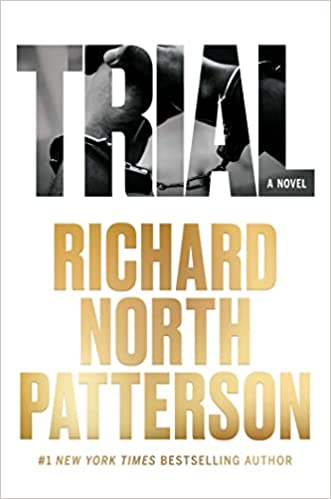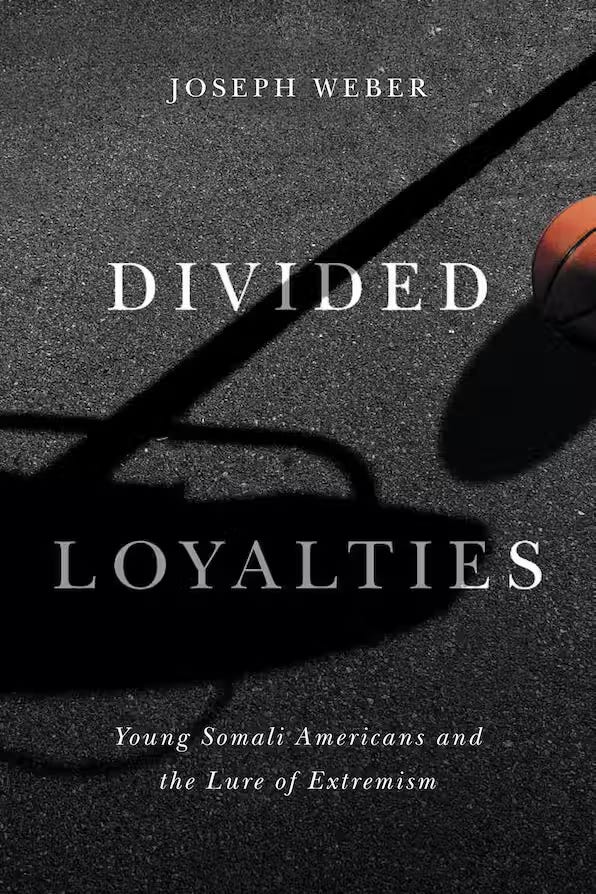Much-published novelist Richard North Patterson’s disturbing piece in The Wall Street Journal, “Why My New Novel About Racial Conflict Ran Into Trouble,” recounts his problems as a white author getting a publisher for his new novel, “Trial.” The book, which he says focuses on “America’s accelerating racial discord,” was rejected by about 20 imprints of major New York publishing houses, even though some editors in them said it was this New York Times best-selling author’s best work.
Why the turndowns? His ethnicity had much to do with it, Patterson writes. “One publisher responded that I would be ‘rightly criticized’ for writing the book; another that she only cared to hear on such subjects from ‘marginalized voices’; another, more colorfully, that I was ‘too liberal for white people and too white for Black people.’”
“Not once did anyone suggest that any aspect of the manuscript was racially insensitive or obtuse,” writes Patterson, a lawyer and journalist who interviewed many people of all backgrounds to write the book. “Rather, the seemingly dominant sentiment was that only those personally subject to discrimination could be safely allowed to depict it through fictional characters.”
Perhaps he was lucky that he was not pitching university presses. Patterson’s woes reminded me of my troubles in getting my second book, “Divided Loyalties: Young Somali Americans and the Lure of Extremism,” published. While my race and gender did not seem to be at issue – so far as I know – the topic certainly was. The book, a journalistic work of nonfiction, focuses on a group of young Black Muslim men in Minnesota who conspired to make their way to Syria to join ISIS between 2013 and 2015 (some got there and were killed, while others were tried and sentenced to prison for terms of up to 35 years).
Because the book is both journalistic and academic, I pitched it to several academic presses. It passed muster with an editor and the staff at the distinguished Columbia University Press, but was tripped up in the final step, consideration by the press’s publication committee. Such committees, staffed by faculty, ultimately make the call on whether to issue a book contract or not at university presses.
Why the problem? As the editor wrote me: “Our internal staff is very much in favor of your book, but the publications committee had some reservations. In particular, we have one board member who is generally very skeptical of our terrorism studies list and books that align with it. This member felt strongly that your book needs to be vetted by a scholar with a background in the study of the Muslim-American experience before it could be approved, and the rest of the board agreed.”
In other words, a faculty member didn’t care to have Columbia publish books about terrorism and found my book unpalatable, even though it was written from the viewpoint of a young Somali Muslim man (a would-be terrorist who became an FBI informant). Two out of three independent reviewers had recommended publication. But, as requested by the committee, the editor found a fourth reviewer, who sided with the objecting faculty member. Indeed, this fourth reviewer took umbrage at the idea that I relied in part on law enforcement sources, as well as on the would-be ISIS members (evidently, an unacceptable breadth and fairness in sourcing).
Defeated by her faculty committee, the kindly editor suggested I seek another publisher. So, in 2020, Michigan State University Press published the book. Indeed, the MSU press relied on the four reviews Columbia had obtained to make the decision to publish (the Columbia editor was kind enough to share those reviews with her MSU colleague). And, in fairness to the academic review process, the helpful suggestions in those critiques, as well as advice by both editors, did improve the book.
Irrespective of the merits or shortcomings in “Divided Loyalties,” the decision by the Columbia publication committee was troubling on several counts. First, why would it be unacceptable for a non-Somali journalist to write (sympathetically) about Somali American culture by relying on members of that community, including academics, for their insights about it? Second, why should one faculty member’s skepticism about an important area of publication – Columbia’s distinguished list of books about terrorism – carry such sway?
Indeed, given that Columbia is a mere 10 miles from the worst terrorist incident of the modern era, the 9/11 attack, wouldn’t it be natural for the university’s press to publish works about terrorism? Thankfully, the press has continued to publish on the topic (though I don’t know whether the faculty member remains on the committee).

As with Patterson’s novel, which will be released in June by an independent publisher, readers are free to find flaws in “Divided Loyalties.” But that’s only because officials at one university press took a viewpoint differing from that of another. In my Columbia press experience, it seems that biases based on cultural, religious and political factors play an insidious role, a role perhaps as troubling as the idea that a person from one ethnic group cannot write well about members of another such group.
I look forward to reading Patterson’s book.


